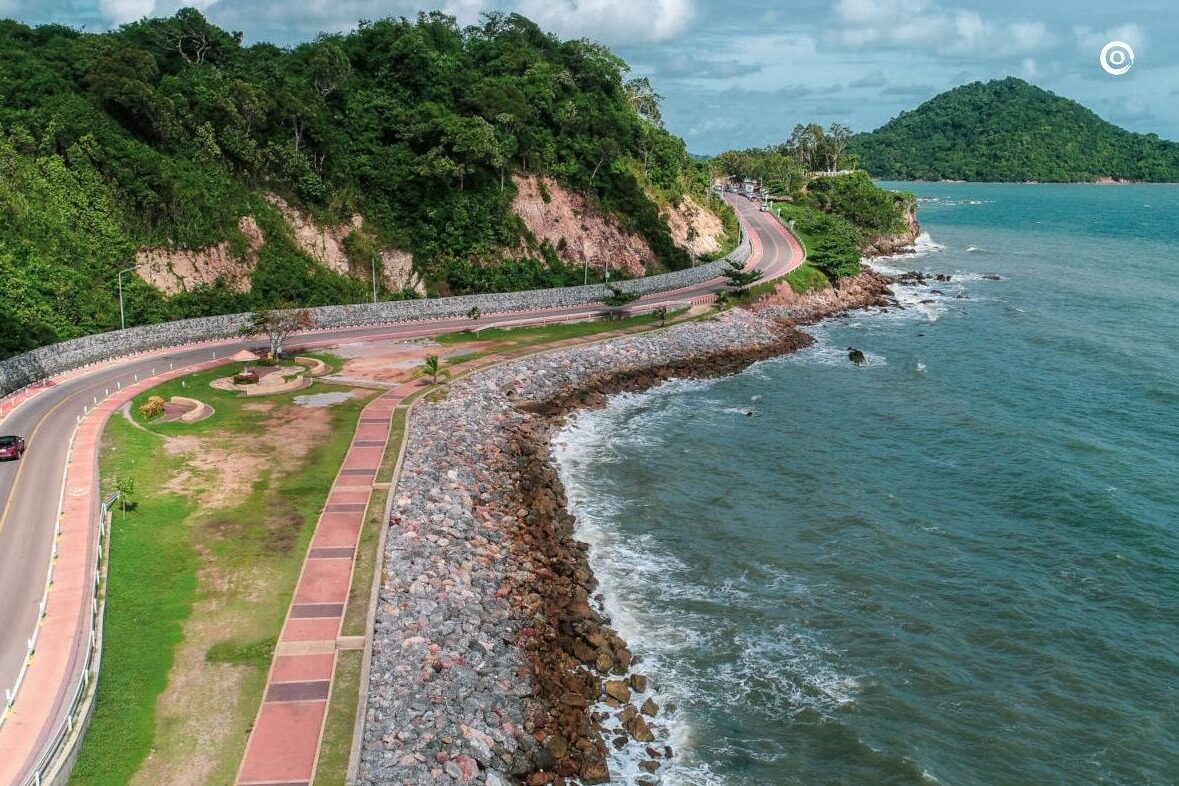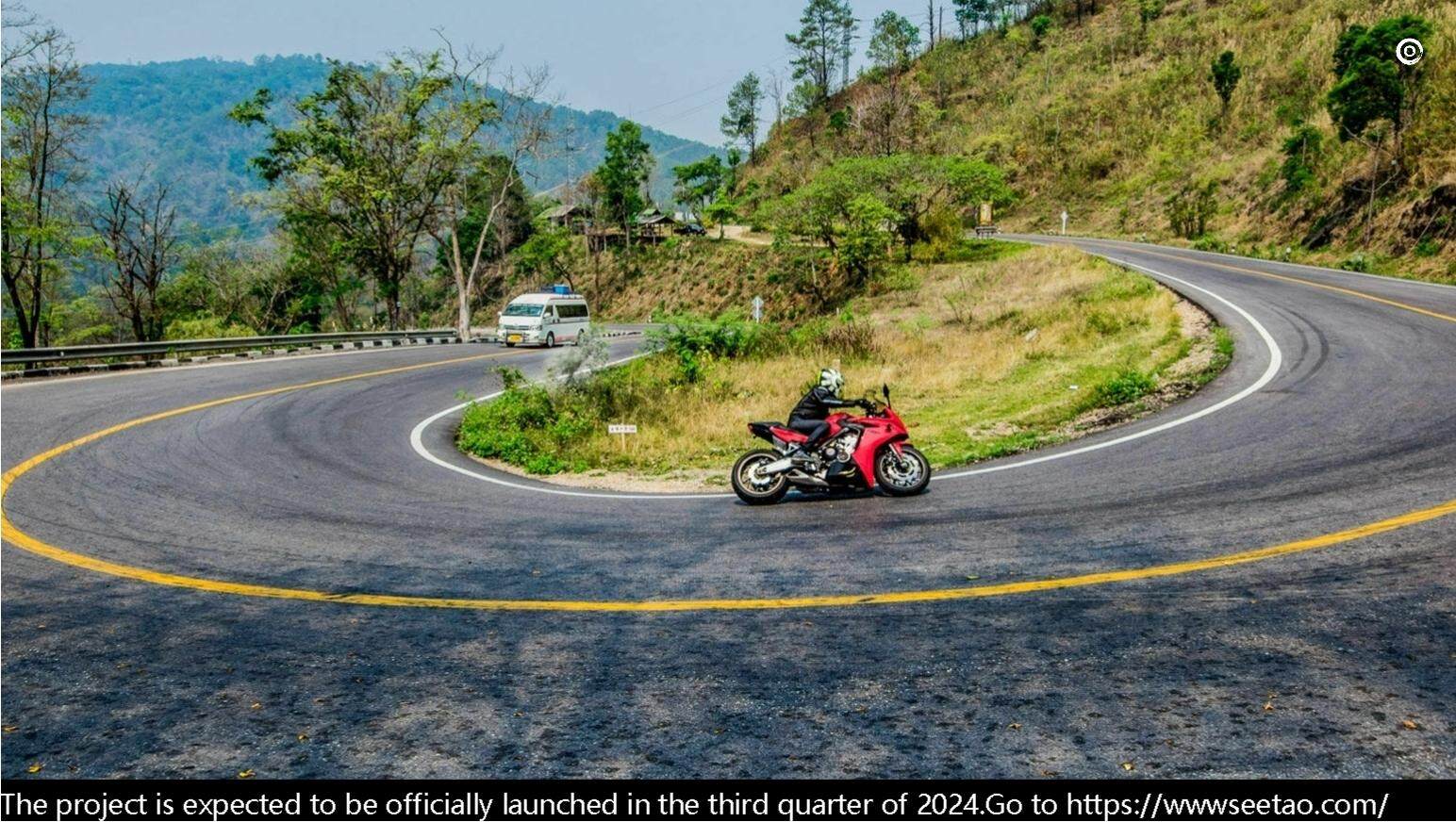- This project has environmental, economic, technical and social significance

The Department of Rural Roads in Thailand is leading a revolution in environmental protection and transportation infrastructure construction, announcing an ambitious plan to use revolutionary asphalt technology to repair and upgrade a 3-kilometer section connecting Muang District and Nakhon Ratchasima Airport using recycled plastic waste. This move marks the first time that Thailand has used plastic waste as part of the asphalt mixture on a busy road, which not only demonstrates its forward-looking vision for the application of environmentally friendly materials, but also sets a new benchmark for green development in the global road construction field.
The project is expected to officially start in the third quarter of 2024 and will last until the third quarter of 2025, during which time it will witness a green transformation of the section of Highway 3140. This innovative practice is not only a challenge to traditional road construction materials, but also a vivid interpretation of the concept of resource recycling. By converting plastic waste that might otherwise have gone to landfill into useful materials for road construction, the Department of Rural Roads of Thailand has not only contributed to reducing plastic pollution, but also taken a solid step towards achieving low-carbon transportation and promoting sustainable development.

It is estimated that up to 5 tons of plastic waste can be consumed for each kilometer of road construction, which not only provides an effective way to deal with plastic waste, but also significantly reduces carbon emissions during road construction, helping to reduce the pressure of global warming. In addition, the performance and durability of this new asphalt mixture will also be tested by time. Once successfully verified, it is expected to be promoted globally, leading the road construction industry to a more environmentally friendly and efficient direction.
It is worth noting that Thailand is not fighting alone. Similar trials are also being carried out in Europe, Australia, India and South Africa to jointly explore the potential value of plastic waste in road construction. These efforts not only demonstrate the international community's common concern for environmental issues, but also provide valuable experience and inspiration for the green transformation of global transportation infrastructure.Editor/Cheng Ting
Comment
 Praise
Praise
 Collect
Collect
 Comment
Comment
 Search
Search














Write something~